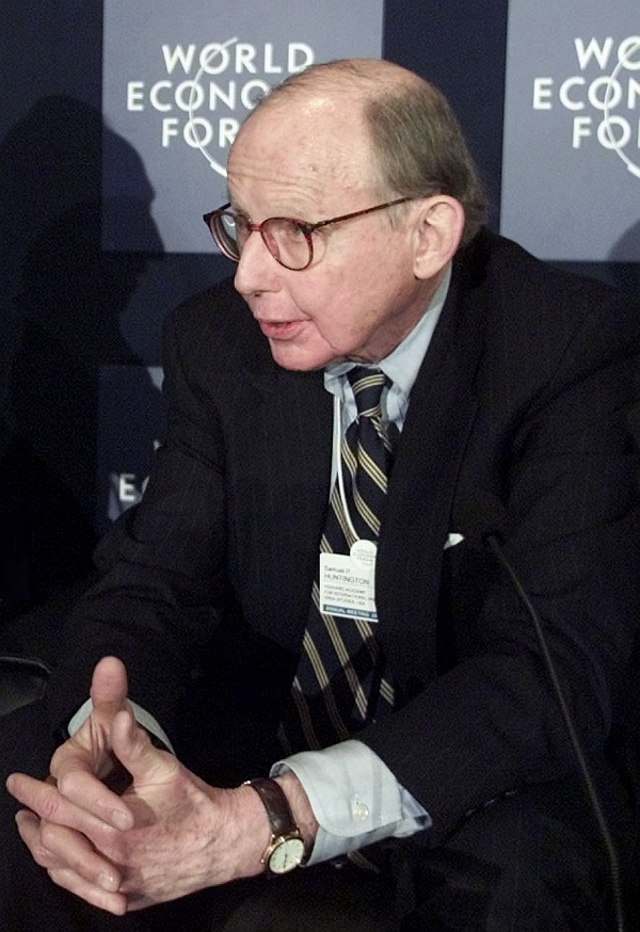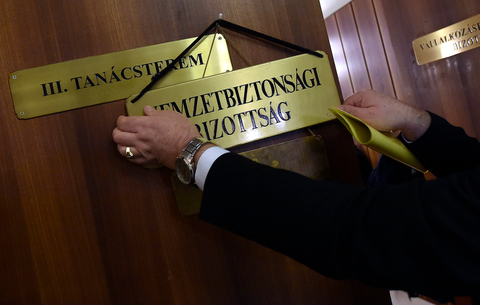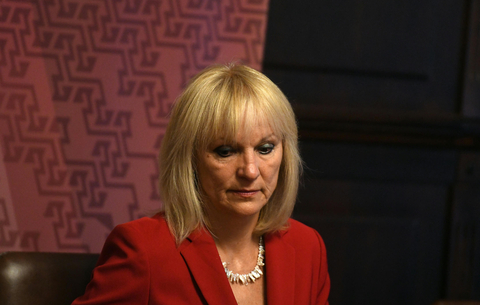One of the troubles of social sciences is that theories can hardly be tested. Nevertheless, lacking controlled experiments, spontaneous transformations of societies still provide useful material sometimes. We can expect some of such food for thought when sooner or later (rather later, many say) the smoke settles in the disturbed Arab world, and it becomes clear which political ideologies become dominant and what sort of social order emerges after the ouster of the hated dictators.
Many foresee with terror that in Egypt, the most populous Arab state, victory would befall on anti-Western Islamists as happened in Iran after the 1979 revolution. This would be in line with Samuel Huntington’s vision of the 1990s that world politics will in the future be shaped by conflicts of civilizations, and that the Islamic world will be at the center of the clashes. Great many of Huntington’s specific forecasts of his book of 1996 seem to be proved in the last couple of years, i. e. to notion that Islamic revival will melt away Ataturk’s heritage in Turkey. If Egypt would become an Islamic state on a crash course with the Western world, then followers of the Harvard professor would triumph again.
But what if the Iran analogy proves to be false and the revolutionary wave that swept through the Arab World would lead to the establishment of democratic states like after the fall of communism in 1989? In that case Francis Fukuyama’s theory, itself inspired by the East Central European revolutions, could come back to fashion. Contrary to the popular belief and contrary to the awkward title of his essay Fukuyama did not announce the end of history. He even assured his readers that in the future the foreign policy section of journals would not remain blank. His central thesis rather was that with the demise of fascism and communism the global rivals of liberalism disappeared (nationalism or Islamism cannot become universal), therefore the future, in the long run, belongs to liberal democracies.

The democratization of the Arab World would also provide material to test another theory, the so called Democratic Peace, which was a central element of Immanuel Kant’s Perpetual Peace and is held almost axiomatic by scientists of International Relations. According to this belief, based also on observation and explained in a variety of ways, democracies never go to war against each other. (Several historical examples were brought up to falsify it, but none of them was convincing enough.) If the notion is correct, with the advent of Arab democracies, the hundred years old Israel/Palestine conflict could soon come to an end.
But unfortunately it is likely to be wrong – as in the Middle East as elsewhere (the democratization of China would not rule out the possibility of a new bipolar world order in the future). It is not a coincidence that the revolts in the Arab World were greeted with hardly concealed fright in Washington and Jerusalem – not just because of the possibility that the fall of the corrupt regimes would bring Islamist dictatorships to power, but also because democratically elected Egyptian or Jordanian governments would likely not cling on the unpopular peace treaty with Israel. And it can be taken for granted that in imagined free elections a Syrian political party that is ready to relinquish the claim for the Golan Heights would be severely defeated.
And if in the Middle East (or elsewhere) democracies would go to war against each other then the first battle would decide who the winner is among the basic schools of International Relations. It would turn out that the neorealist approach describes the world in the most precise way: the international system is fundamentally chaotic and, despite social structures, election systems and institutions, a state is a wolf to state.
(The article was published in Hungarian in HVG weekly, 12th February, 2011.)










